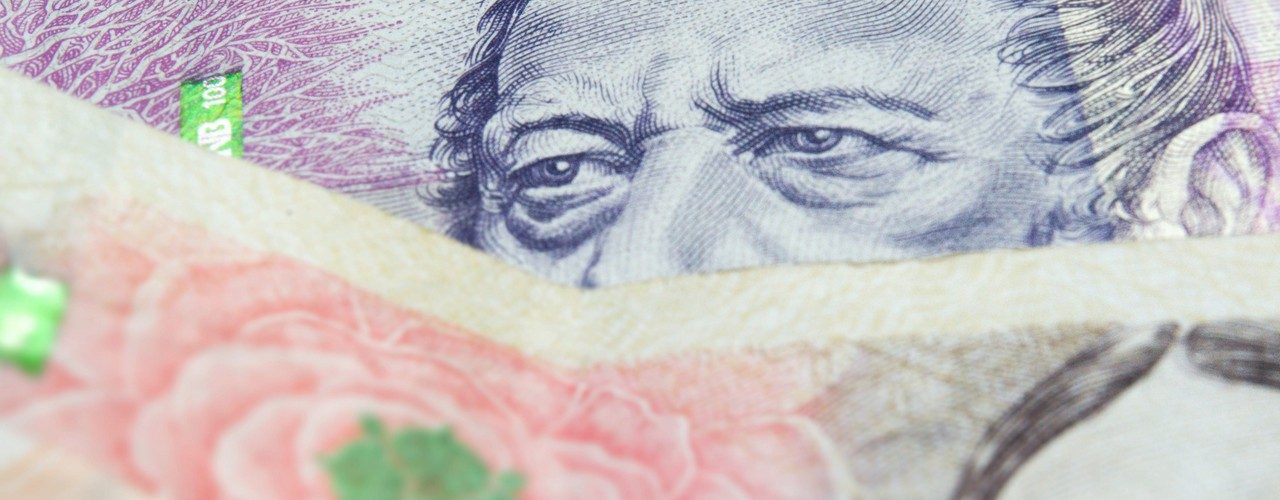- Reverse-charge regime is a tax tool to combat tax evasion and carousel fraud
- It shifts the responsibility for declaring and paying VAT from the seller to the buyer
- Legislation in the Czech Republic categorizes reverse charge into temporary and permanent obligations
- It is used to prevent tax evasion in domestic contexts and ensure VAT is paid in the country of consumption in international trade within the EU
- The Czech Republic has limited the application of reverse charge to specific cases such as gold purchases, real estate transactions, construction works, and telecommunications services
- Implementation of reverse charge requires careful monitoring of transactions and proper documentation
- There is uncertainty about the implementation of a widespread reverse charge system in the Czech Republic, with potential complications and the need for further preparation mentioned by skeptics.
Source: eurofiscalis.com
Note that this post was (partially) written with the help of AI. It is always useful to review the original source material, and where needed to obtain (local) advice from a specialist.















